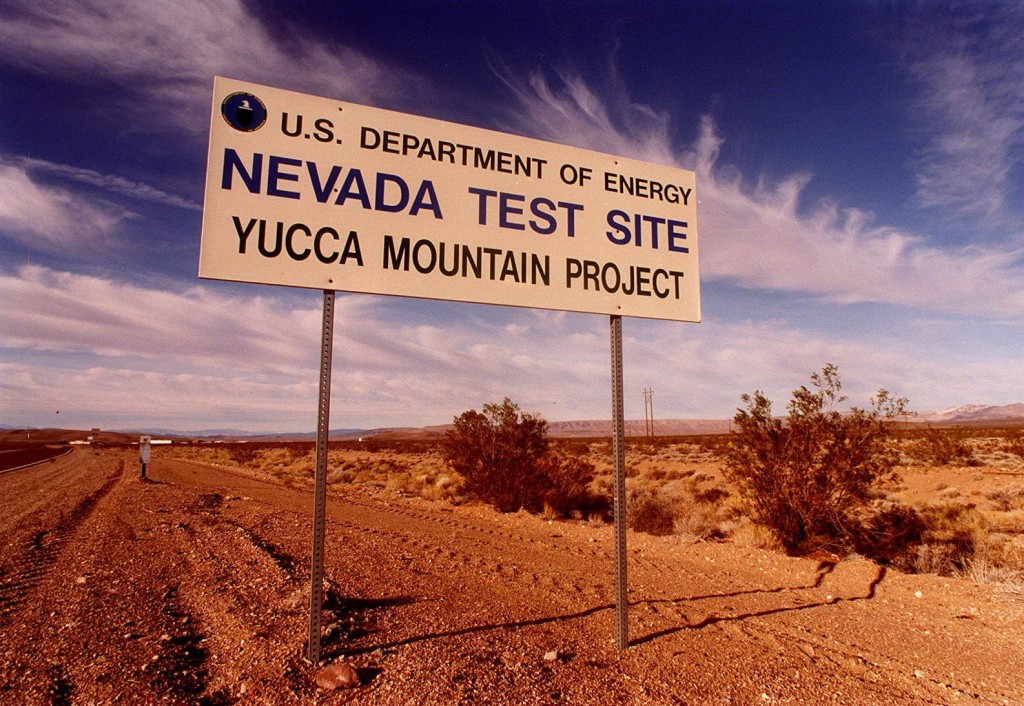The Nuclear Regulatory Commission (NRC) took a constructive step toward finishing the job on Yucca Mountain.
Yesterday, the NRC announced its plan of action to complete the safety evaluation review of the site, calling it “an agency priority.” This comes three years after then-NRC chairman Gregory Jaczko controversially halted the review and three months after the U.S. District Court of Appeals for the District of Columbia reminded the NRC that it still has a duty by law to finish review of the site, as required by the Nuclear Waste Policy Act. An important step in the process, the safety evaluation report contained valuable information for Congress and the public summarizing the application and reviewing safety findings and recommendations by the NRC technical staff.
Indeed, the NRC has a duty to taxpayers to finish the Department of Energy’s (DOE) application review, as more than $15 billion has been spent on the Yucca Mountain project so far. Finishing and publishing the safety evaluation report will allow the project to continue forward and be debated on the facts of the case rather than on politics.
However, this is only a good first step to getting the nation back to where it should have been three years ago (and even that is generous, given that by law the DOE should have been collecting nuclear waste from commercial nuclear reactors since 1998).
It still remains for the NRC to finish the licensing application review and hold a hearing on the application before the final recommendation is made. The NRC has claimed that it is unable to do this with only $11 million left to complete the project. If so, the NRC should also make a budget request. The court made clear that the law is to be followed, and the law requires more than simply finishing the safety evaluation report.
Ultimately, the nation needs to transition to a market-based system of managing nuclear waste based on science, the actual cost of managing waste, and the needs of commercial nuclear reactors and their customers—not politics.


























